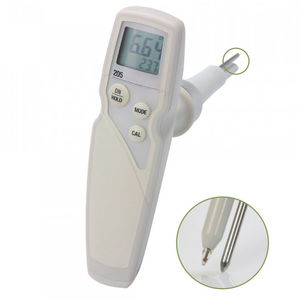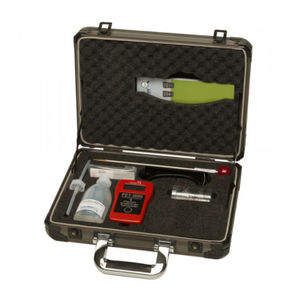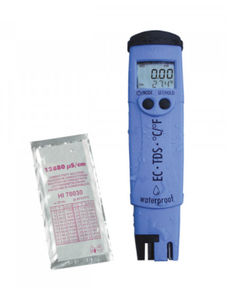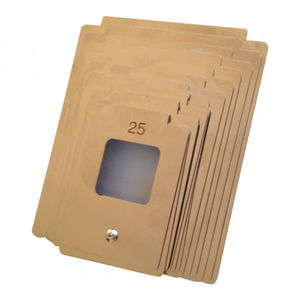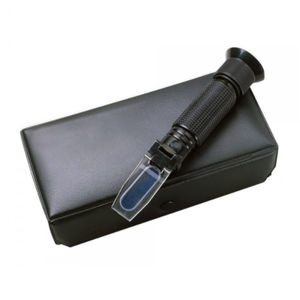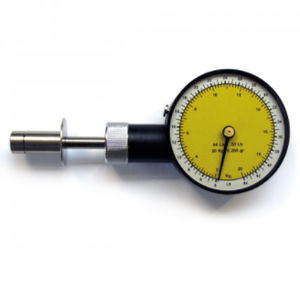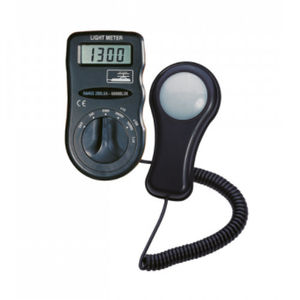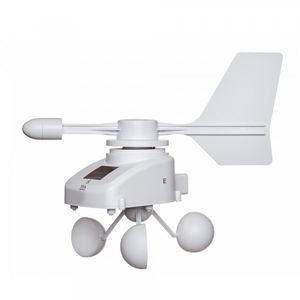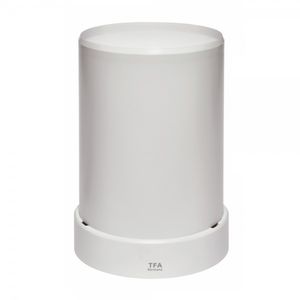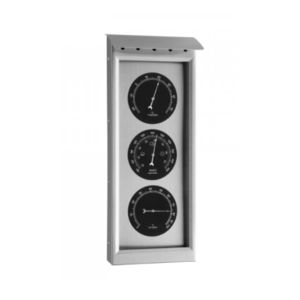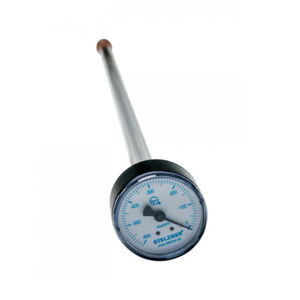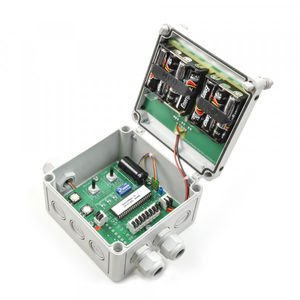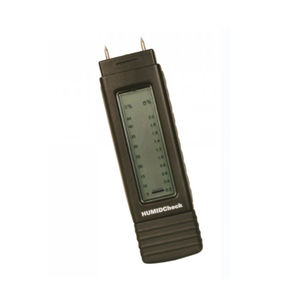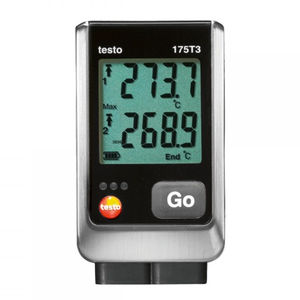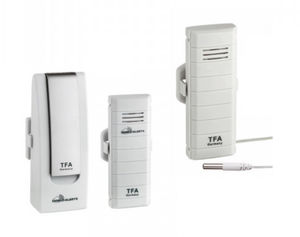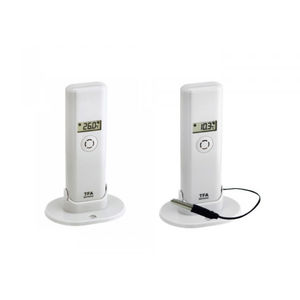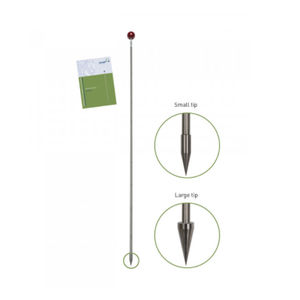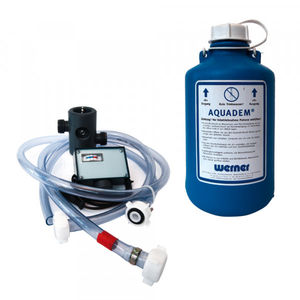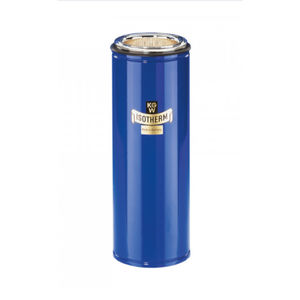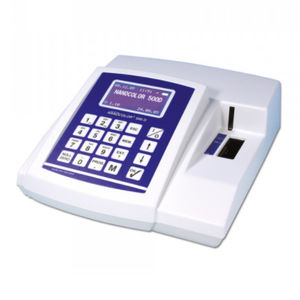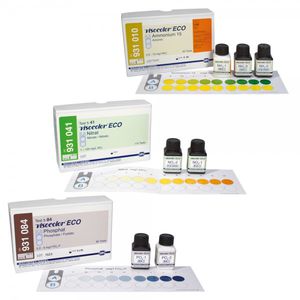
- Metrology - Laboratory
- Metrology and Test Equipment
- Conductivity measuring instrument
- Pronova Analysentechnik
Temperature measuring instrument BWK 2000salinitywaterconductivity
Add to favorites
Compare this product
Characteristics
- Measured value
- temperature, salinity, water, conductivity
Description
The BWK 2000 is a measuring instrument for determining the volumetric water content of mineral soils at different depths.
Thanks to the robust stainless steel lance and the aluminium housing which protects against moisture and dust, the BWK 2000 can be used in rough conditions. The sensor at the tip of the lance works according to the FDR (Frequency Domain Reflectory) principle; it determines the volumetric water content by using a high measuring frequency, with only a slight influence from the salinity of the soil. Furthermore, by selecting different calibrations, precise measurements can be made even when the soil types change. In addition to the volumetric water content, the salt content / conductivity of the soil and the temperature in the soil are also measured with each measurement. These values are stored in the integrated data logger.
The measured values recorded in this way can be transferred directly to the PC using a USB cable. The measurements of salinity, conductivity and temperature take place directly at the tip of the sensor. This enables the precise determination of these parameters at different soil depths.
The ability of soils to absorb moisture and then make it available to plants varies greatly depending on the different soil types. In general, sandy and humus-filled soils can provide significantly more plant-available water during wetter conditions, while loamy soils or clay soils have greater water-holding capacity during dry periods.
Catalogs
AGRAR MEASUREMENT EQUIPMENT
68 Pages
Other Pronova Analysentechnik products
AGRICULTURAL MEASURING
Related Searches
- Measuring device
- Measuring machine
- Portable testing system
- Digital testing system
- Automatic measuring machine
- Moisture meter
- Temperature measuring device
- Measuring system for industrial applications
- Automatic measuring device
- Geometry measuring device
- Building materials moisture meter
- Laboratory measuring machine
- Concentricity measuring instrument
- Gas measuring instrument
- Conductivity measuring device
- PH measuring device
- Rugged measuring machine
- Multifunction measuring device
- Calibration measuring device
- Tension meter
*Prices are pre-tax. They exclude delivery charges and customs duties and do not include additional charges for installation or activation options. Prices are indicative only and may vary by country, with changes to the cost of raw materials and exchange rates.



